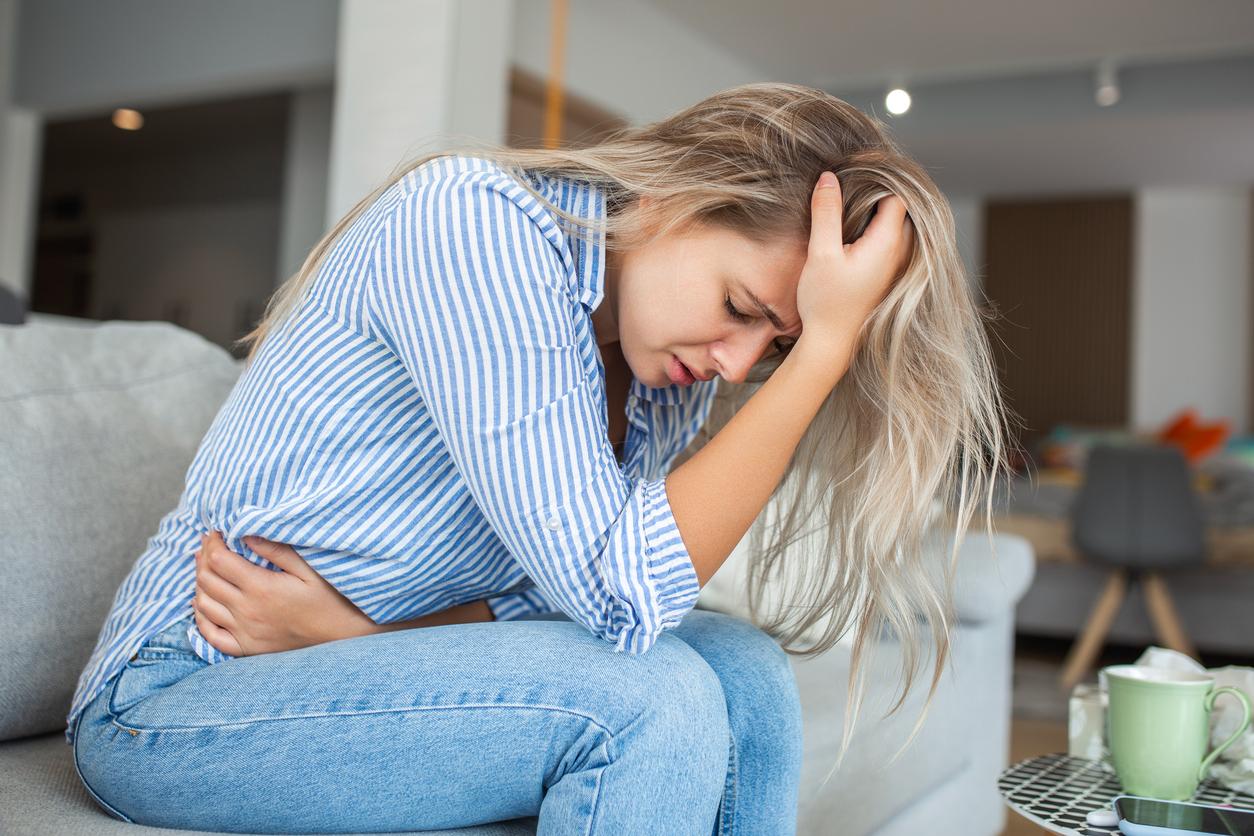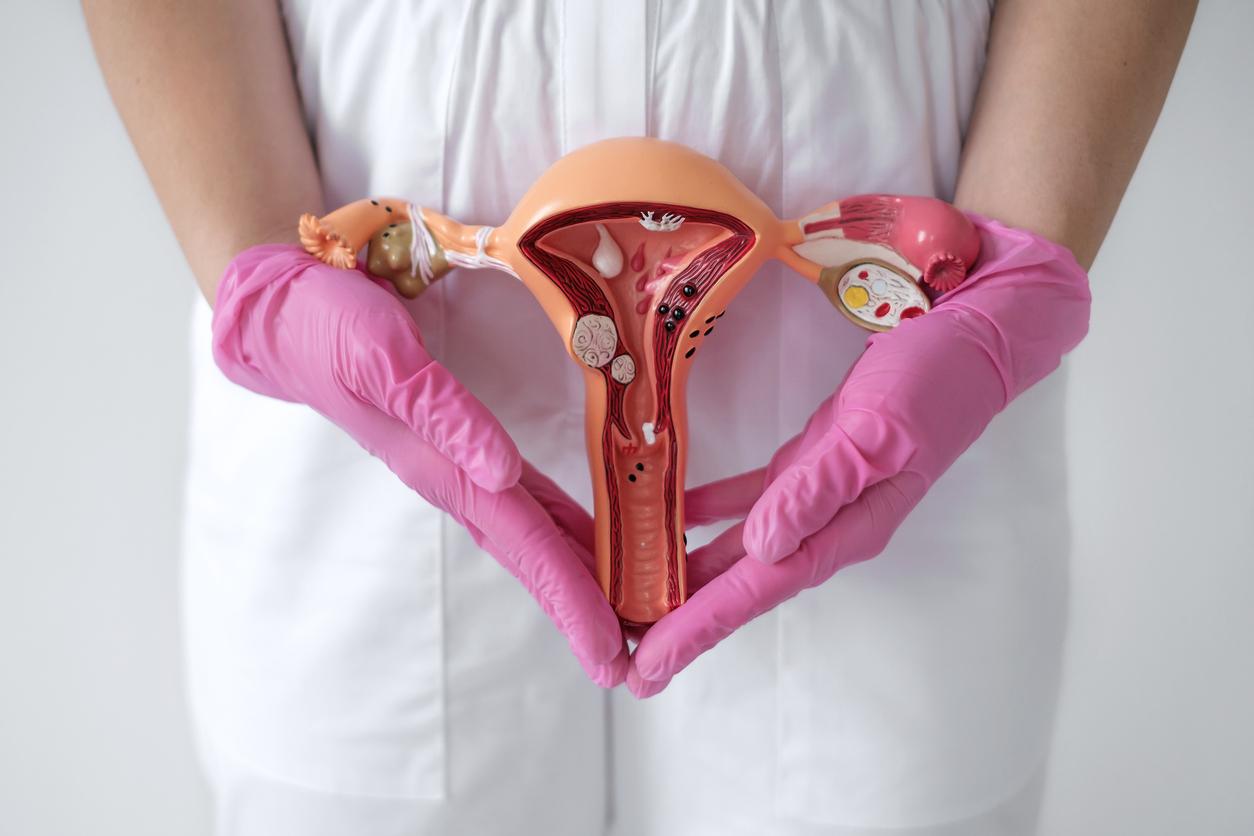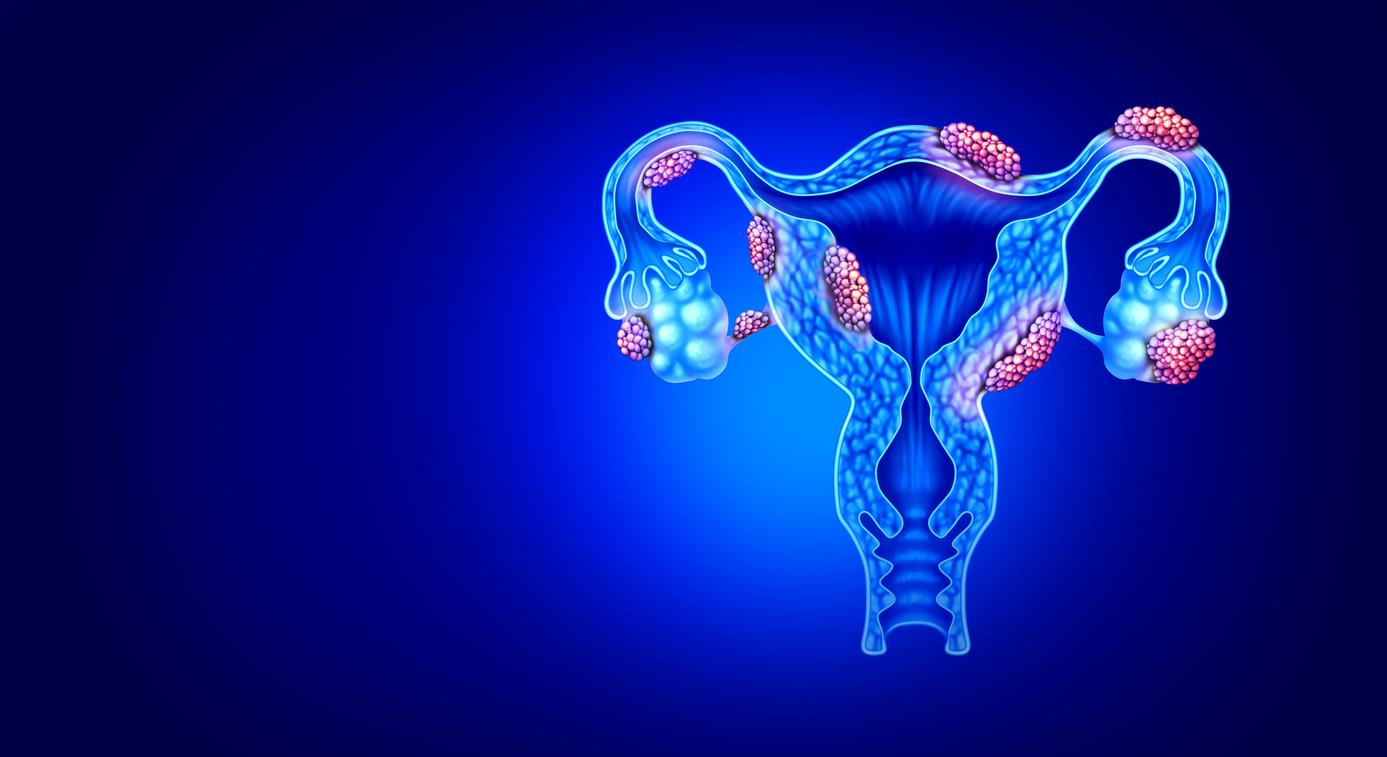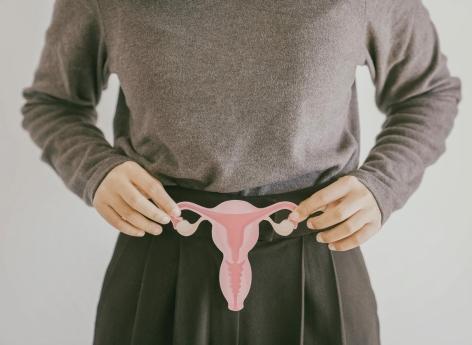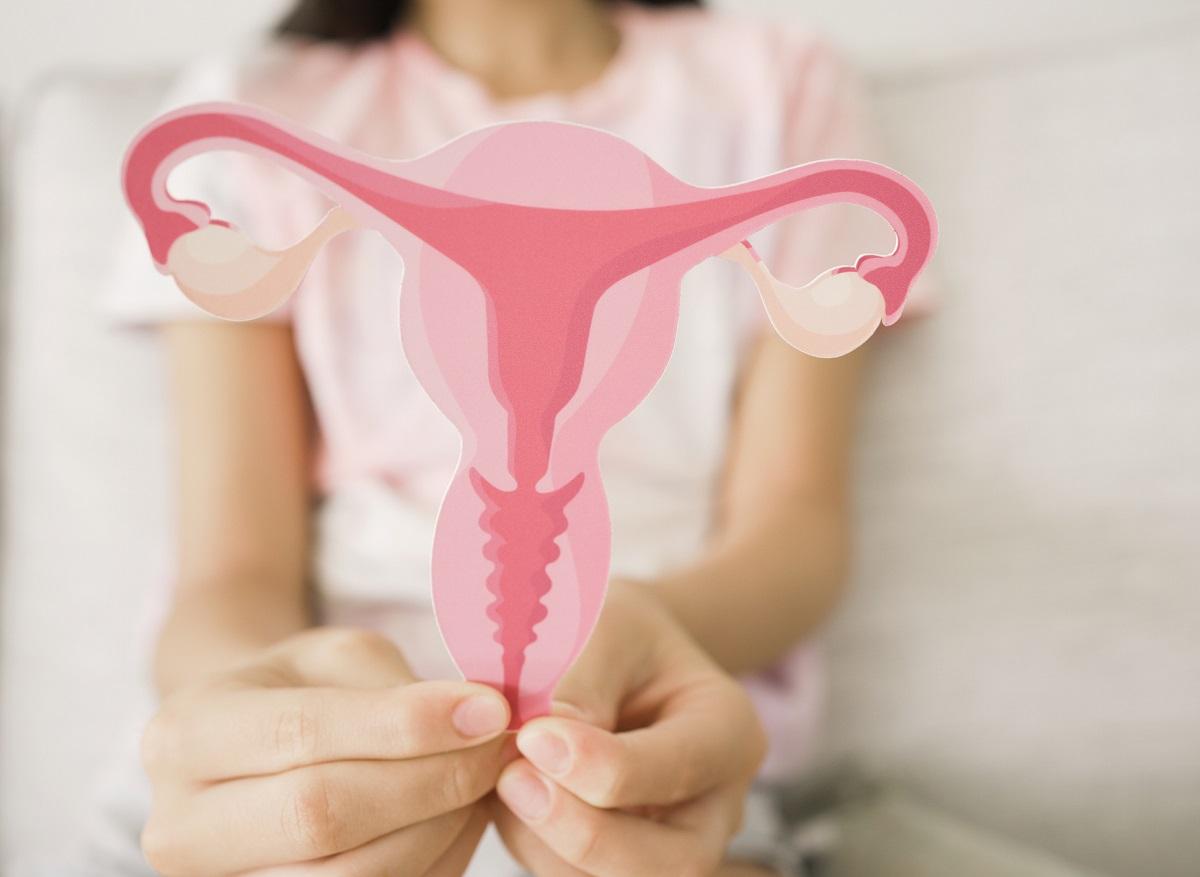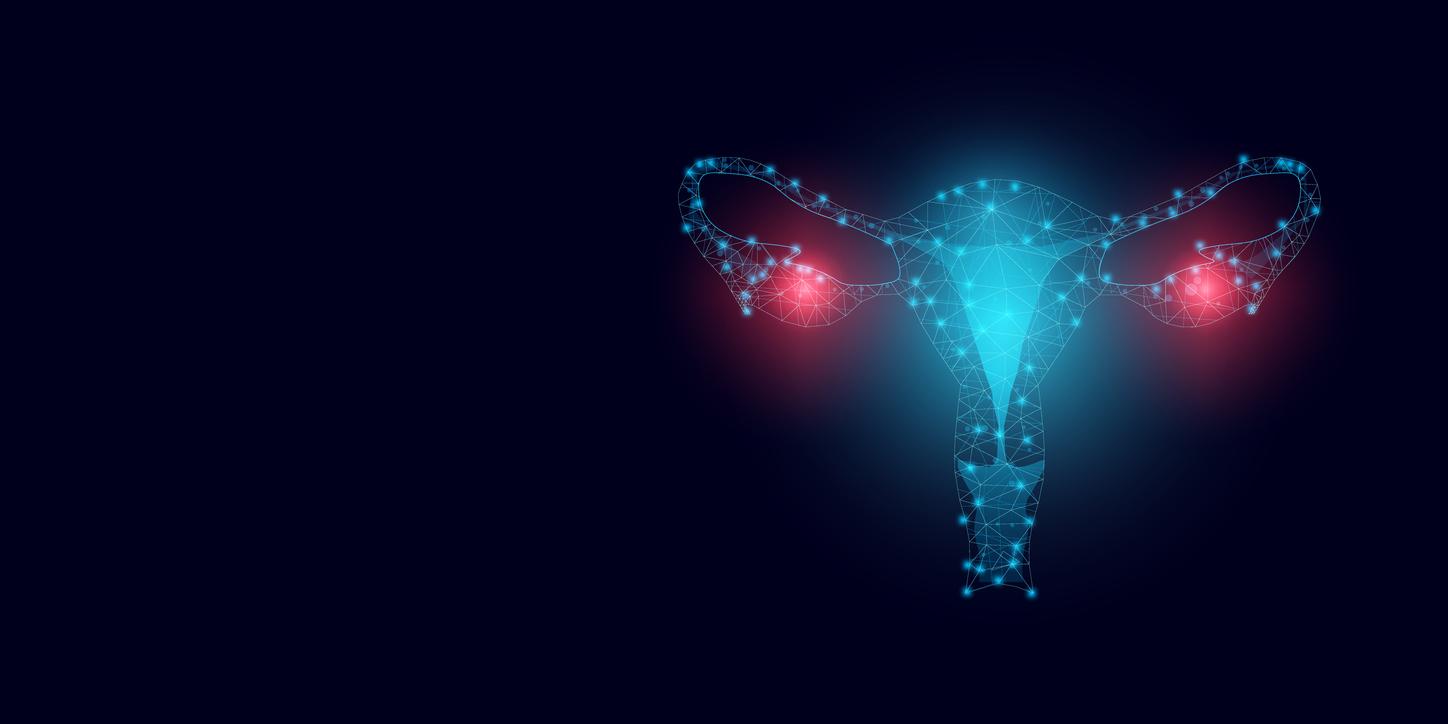Each year is held in March a European prevention and information campaign in order to make endometriosis known to as many people as possible. And so that those who suffer no longer say to themselves that “it’s normal to have pain“. In 2019, the Info-endometriose association launched a campaign with 6 one-minute videos, 6 portraits inspired by real testimonies and worn by Julie Gayet, Anna Mouglalis, Camille Chamoux, Léonie Simaga, Coline Beal and Yannick Choirat. The word is free and highlights the difficult daily life of patients. Here is the first of the videos published by the association :
Sacha, suffering from endometriosis https://t.co/Nv18LdLEOl#awareness campaign the whole week #endometriosis !@IamJulieGayet #infoendometriosis#health#rules@EndoFrance@les_Memsettes@ENDOmindFrance @karukeraendometriosis 1 in 10 women affected, Let’s mobilize!
— Info Endometriosis (@InformationEndo) March 4, 2019
Endometriosis: a debilitating disease
Endometriosis is a debilitating disease, extremely painful and which explains a good number of infertilities. However, too many patients were still being told recently by the medical profession: “But ma’am, it’s all in your head…!“Today, doctors are better informed and better able to diagnose this puzzling disease. Confusing, because if it is a hormone-dependent disease, it does not only affect the gynecological sphere. Indeed, the cells of the tissue of the uterus which develop in an anarchic way are found at the level of the bladder, the digestive tract…
For some women, endometriosis remains symptomless until a fertility test shows that their tubes or uterus are affected. Others have, since adolescence, terrible pains which nail them at home and oblige them to take heavy painkillers with each new cycle. Hence the interest of a multidisciplinary approach and the need to go to a specialized center in the most severe cases. This is what emerges from the testimonies of the women we met and the doctor who provided us with clarifications on the course of each one.
Magali, 36 years old, 3 children
Despite the predictions, I was able to have my third child
As a teenager, I already had painful periods. Looking back, I think those were the first symptoms of the disease. Despite everything, I had two children naturally. But in 2005, during a routine consultation, my pain prompted the gynecologist to carry out more in-depth examinations. And the verdict fell: I had a seriously affected fallopian tube and the uterus suffocated by endometriosis. So that I could have my third, they removed the main centers of endometriosis. I was put in artificial menopause to avoid recurrences.
Then we tackled ovarian stimulation. The results being mediocre, the team then offered us IVF, while being pessimistic. And it worked the first time ! Our baby is 6 months old. This is proof that you should never despair. I literally live again. I no longer have pain. My gynecologist put me in with a Mirena® IUD, to avoid recurrences and, for now, the results are there. 
The opinion of the specialist
Endometriosis poses fertility problems. And then it is very difficult to find the most appropriate treatment. We know how to limit the pain, but for that we have to put the patient in artificial menopause or on the pill, which is incompatible with a pregnancy project…! In this case, there is only surgery or medically assisted procreation.
By diffusing progesterone continuously and locally, a hormonal IUD of the Mirena® type is much better supported. Only downside: half of users complain of spotting between periods, especially the first few months.
Florence, 37, 1 child
Surgery was the only solution
“My endometriosis was diagnosed in 2000, following appendicular peritonitis. Six months later, an 11 cm cyst was discovered on the right ovary. I was I was in artificial menopause for six months, to calm things down. Then IVF attempts began, without success. Each time I had to operate for a cyst, an infection, I had a miscarriage… Fortunately, I was seeing a psychiatrist. It’s essential support when you suffer from severe endometriosis. It’s she who advised me to have a gastroenteritis. ©rologist specializing in the disease My gynecologist at the time kept telling me that it was all in my head…!At the end of 2005, another doctor told me spoke of heavy surgery. For him, it was the only way to end the pain. I waited a year before taking the plunge. I was taken away fallopian tubes, an ovary and part of the colon. I know that I will not be able to have children and I continue to see my shrink to make re the mourning of a pregnancy. But since then, I no longer suffer. This allows me to take full advantage of Theo. Because, in parallel with our PMA course, my husband and I have made progress with our adoption file. Last December, after six years of efforts, a 5-month-old baby was just waiting for us.”
The opinion of the specialist
As we can see, when you suffer from severe endometriosis, it is essential to turn to a referral centre. There, specialized gynecologists, pulmonologists and gastroenterologists combine their know-how to find the most suitable answer. The intervention undergone by this patient was very heavy but she is satisfied with the result. Here, surgery was warranted. This is not always the case. In other indications, it will be preferable to put patients on the pill, for example. And even if an operation seems preferable to us, to us surgeons, it is essential to inform the patients well and to respect their choice.
Béatrice, 43 years old, 2 children
Thanks to hormone treatment, I no longer have lung problems
“My problems started after my second childbirth. Besides, I think my caesarean section had to do with this disease. Every month, at the time of my period, I I had pain in my lower back and chest. I thought it was muscular. But, over the cycles, other symptoms appeared: difficulty in urinating normally, digestive problems… Finally, I was hospitalized for 41 days for a pneumothorax.
It was only 3 years later, after several relapses, that the team made the link between my lung problems and a possible endometriosis. I was then six months in artificial menopause for my lung to heal. But I didn’t tolerate the medication well: I had palpitations, dizziness, joint pain, depressive symptoms… Besides, I still have after-effects. Today, I am on Androcur®, a progestogen that prevents my periods and that is exactly what I wanted. Endometriosis no longer ruins my life.”
The opinion of the specialist
This patient is not necessarily mistaken when she sees a relationship between her caesarean section and its symptoms. Although it is very rare, endometrial cells can attach themselves outside the uterus. We understand her fear of seeing her period reappear. Endometriosis being a hormone-dependent disease, it can appear until the menopause. The Androcur®, by blocking the rules, gives good results.
And it is better tolerated than artificial menopause, the side effects of which (hot flushes, demineralization) remain significant.
Read also :
Endometriosis: how is the diagnosis made?
Endometriosis increases the risk of heart disease








